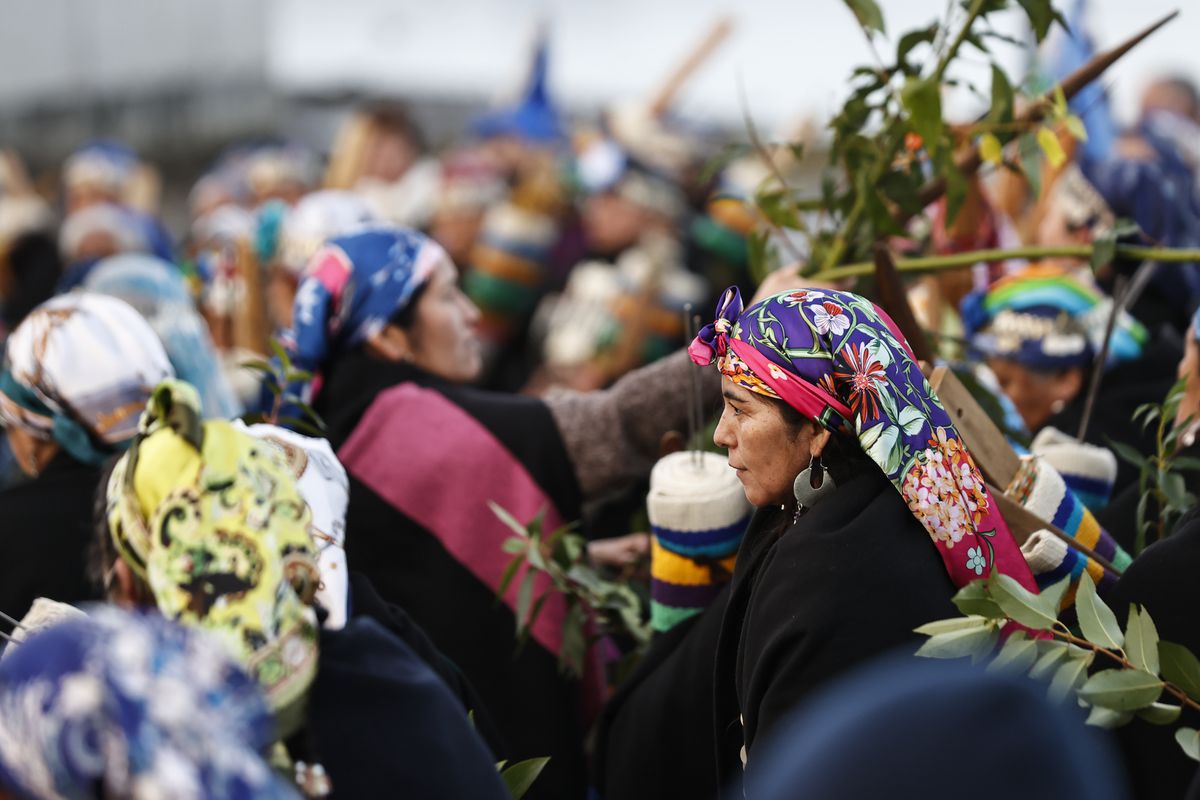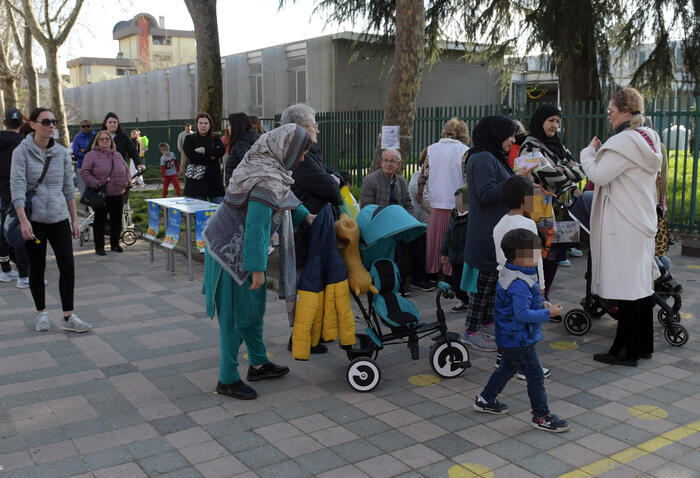In the first place, constitutional change is a change in the model of society.
The new proposal in Chile is based on a more egalitarian base around social rights, more horizontal in its decision-making, generates territorial autonomies in the regions and is more open in relation to the possibilities of change, not only to the Constitution itself , but around the discussion of laws and other regulations, in addition to fully incorporating the gender perspective.
For its part, the current text, written in 1980, has as its ideal a society structured around property and income, highly hierarchical and where the experience of society is very unequal.
The second great significance of the constitutional change is given by the origin and gestation of this new Constitution, which, if approved, will be the first democratic Constitution in the history of Chile.
All the previous ones were imposed in wars or dictatorships, as is the case of the 1980, which although it has had modifications in democracy, they did not alter its structural base.
Attached to the logics of the 19th and 20th centuries, the Constitution that governs Chile currently seeks a cultural uniqueness and normative rigidity that is considered important to grant a certainty that focuses on investment expectations and not on people's lives.
The new Constitution, on the other hand, recognizes the existence of diversity in its entire spectrum, overcoming that idea of uniqueness that does not seem to be appropriate to the times.
Thus, it takes charge of our interculturality, an issue that is not exhausted in the existence of indigenous peoples, but in age, gender, capacity, territorial diversities, etc.
This inclusiveness is the third great content of the constitutional change.
With regard to regulatory flexibility, in addition to a different vision of how the law is better organized, the new Constitution takes a reality from the century in which we live, where uncertainty is permanent and we live, as Bordoli and Baumann would say, in a state of crisis.
Faced with this situation, possibilities for rapid adaptation are required and, therefore, a Constitution with more open concepts is required, which allows legislators to gradually adapt their decisions to face the challenges that arise.
Unfortunately, this point, which should be a more understood issue, has generated a highly toxic public debate, since those who feel threatened by the recognition of these diversities and prefer to maintain the order that benefits them, do a disastrous exercise: they look at the open range of possibilities granted by the New Constitution, they choose the interpretation that brings together a greater number of their fears and advance shouting about them, as if the only possible reality were the one they detest the most, despite the fact that the Constitution does not express it in that way and that it is extremely unlikely that the law will regulate in the way they imagine.
Last but not least, and in line with the spirit of taking on the challenges of today's society, the new Constitution positions us in the face of the climate and ecological crisis that we as humanity have caused.
Thus, it recognizes the crisis and also recognizes that human beings and nature form an indissoluble unit, environmental protection being also the protection of ourselves.
The text builds an advanced and unique relationship structure with the environment, which gathers the best comparative experiences and opens a field of possibilities for the care of our territory and the well-being of present and future generations.
Along these same lines, another of the most significant advances in the text is in relation to the recognition of women, which is notably manifested in declaring that we will be a parity democracy (with equal men and women in positions of representation), but also in a series of other norms that expressly consider the gender perspective.
If we win approval, we will take a huge step at a momentous time of multiple global crises and high uncertainty.
The search for certainty, tranquility and stability for a country like ours happens precisely by taking charge of the dragging problems we have, and also by facing new challenges.
This new Constitution is an advance, and it directs us towards tomorrow.
Ezio Costa Cordella
is a Doctor of Law, Executive Director of the environmental legal NGO FIMA and spokesperson for Approves for Chile.
50% off
Subscribe to continue reading
read without limits
Keep reading
I'm already a subscriber









